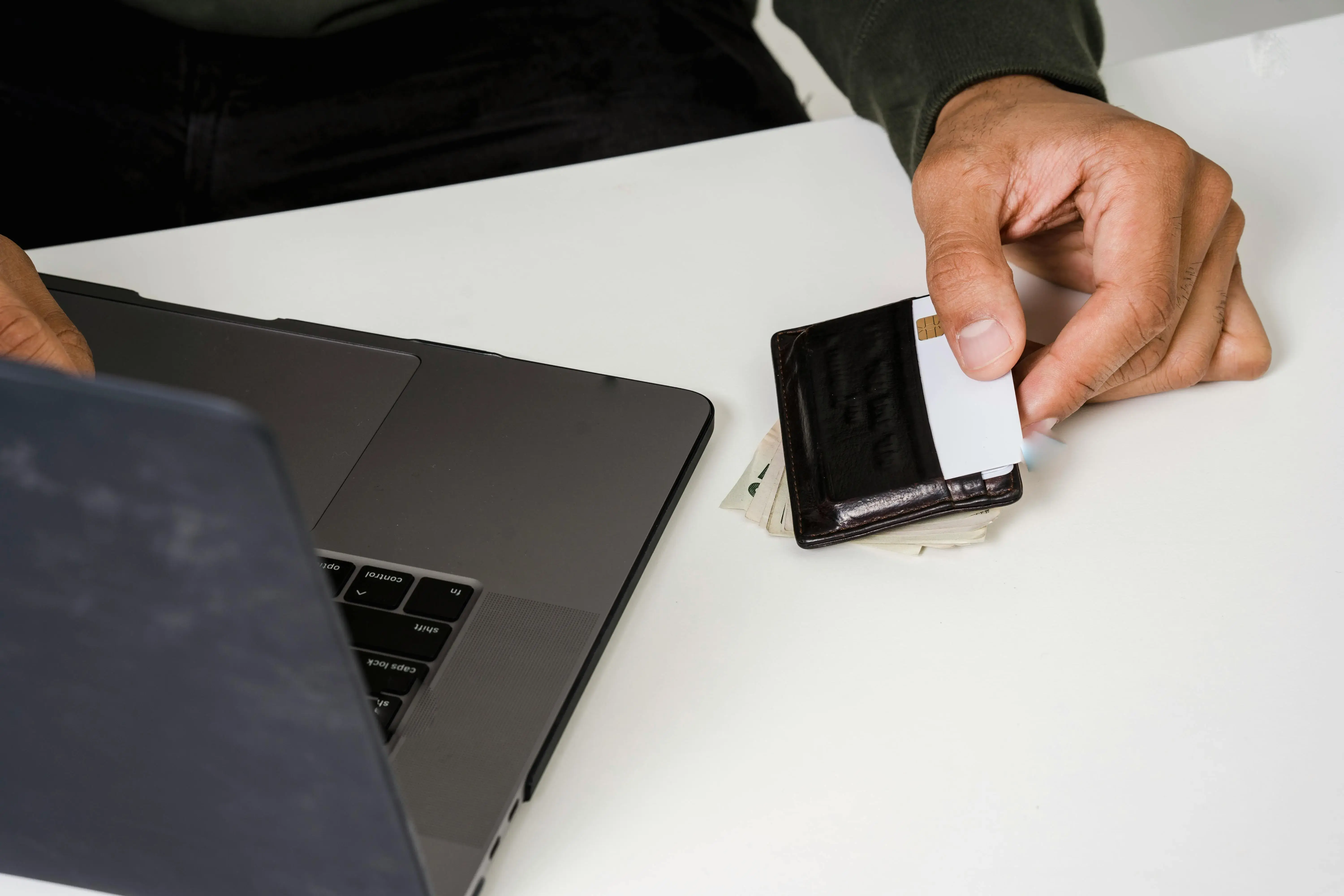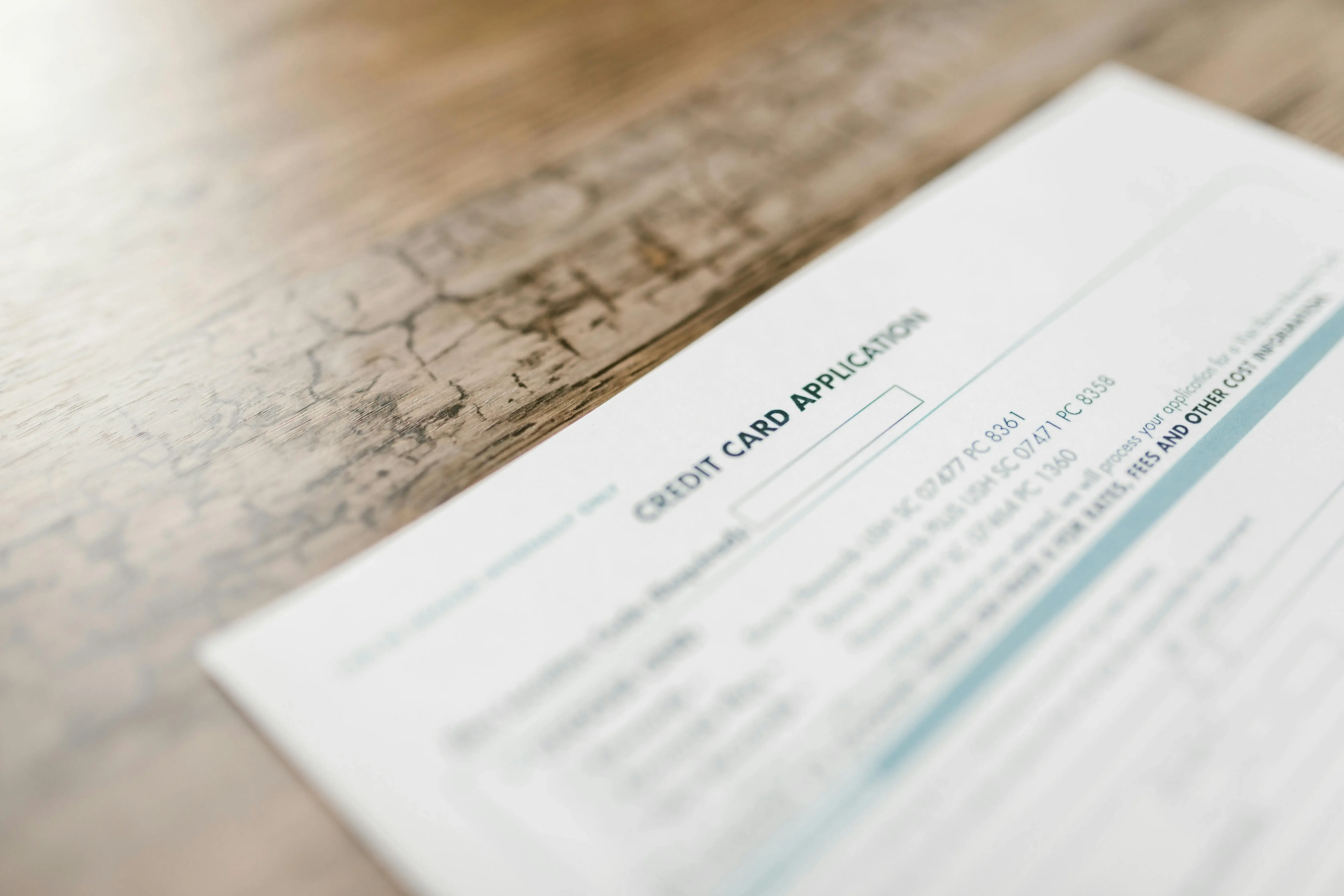
Kudos has partnered with CardRatings and Red Ventures for our coverage of credit card products. Kudos, CardRatings, and Red Ventures may receive a commission from card issuers. Kudos may receive commission from card issuers. Some of the card offers that appear on Kudos are from advertisers and may impact how and where card products appear on the site. Kudos tries to include as many card companies and offers as we are aware of, including offers from issuers that don't pay us, but we may not cover all card companies or all available card offers. You don't have to use our links, but we're grateful when you do!
Does Your Cable Bill Affect Your Credit Score?
July 1, 2025

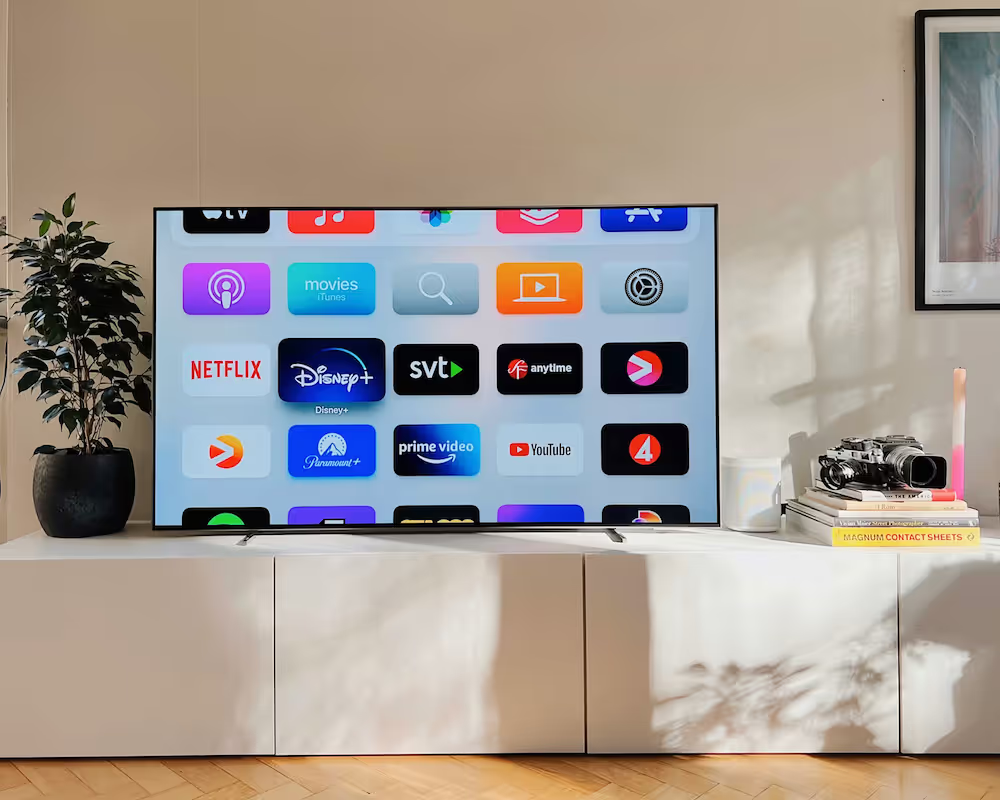
Quick Answers
On-time cable payments are not typically reported to the major credit bureaus, so they do not directly build or impact your credit score.
If your account becomes delinquent and is sent to a collections agency, this negative event will be reported and can significantly harm your credit score.
When you apply for new service, the cable provider may perform a hard inquiry on your credit, which can cause a small, temporary dip in your score.
What is your cable bill amount?
A cable bill is the monthly statement you receive from a provider for television services. This invoice details the costs associated with your subscription, including the base package price, equipment rental fees, and applicable taxes. The total amount can vary significantly based on the channels you select and the specific provider you use.
While timely payments on your cable bill are not typically reported to credit bureaus, late payments can negatively affect your credit score. If an account becomes severely overdue, the provider may turn it over to a collections agency, which will then appear on your credit report. Managing this recurring expense responsibly is therefore a key part of maintaining good financial health.
How Your Cable Bill Can Impact Your Credit Score
While timely cable bill payments won't boost your credit score, failing to pay can certainly damage it. Here’s a look at how a simple utility bill can escalate into a credit problem.
- Initial Missed Payment: The process begins when you miss a payment. Your cable provider will typically add late fees and send payment reminders, but at this stage, it does not affect your credit.
- Service Disruption: After continued non-payment, the company may disconnect your service. Your account is often moved to an internal collections department, which will increase efforts to recover the amount owed.
- Sent to Collections: If the bill remains unpaid for several months, the cable company will likely sell the debt to a third-party collection agency. This is the critical turning point for your credit.
- Reporting to Credit Bureaus: The collection agency will report the delinquent account to the major credit bureaus—Experian, Equifax, and TransUnion. The collection account is now part of your official credit history.
- Credit Score Damage: Once on your report, a collection account can cause a significant drop in your credit score. This negative mark can remain on your credit report for up to seven years.
How Much Will Your Cable Bill Affect Your Credit Score?
The impact of your cable bill on your credit score depends on several factors. Here are a few key things to keep in mind:
- Late Payments: Cable companies don't typically report on-time payments to credit bureaus. However, if your payment is significantly late, they may report this delinquency, which can lower your score.
- Collections Accounts: If you fail to pay your bill, the cable company might sell the debt to a collection agency. A collections account on your credit report can cause significant damage to your score.
- Credit Inquiries: Applying for new cable service may result in a hard inquiry on your credit report. Multiple hard inquiries in a short period can have a negative impact on your score.
How You Can Avoid Your Cable Bill Affecting Your Credit Score
Set Up Automatic Payments
One of the simplest ways to avoid late payments is by setting up autopay. This ensures your bill is paid on time every month directly from your bank account or credit card, eliminating the risk of forgetting and having the account sent to collections.
Communicate with Your Provider
If you anticipate difficulty paying your bill, contact your cable provider immediately. Many companies are willing to arrange a payment plan or offer temporary assistance, which can prevent your account from becoming delinquent and being reported to credit bureaus or collection agencies.
Ways to Improve Your Credit Score
Improving your credit score is always possible and plays a vital role in your overall financial well-being. By following a few proven methods, you can see meaningful changes within a few months of consistent, positive behavior.
- Monitor Your Credit Reports Regularly: Obtain your free credit reports from the three major bureaus—Experian, TransUnion, and Equifax. Scrutinize them for inaccuracies or signs of identity theft and dispute any errors you find.
- Establish Automatic Bill Payments: Since payment history is the most significant component of your score, setting up automatic payments ensures you never miss a due date.
- Reduce Your Credit Utilization Ratio: Aim to use less than 30% of your available credit. You can achieve this by paying down balances multiple times a month or requesting a credit limit increase.
- Become an Authorized User: Ask a trusted person with a strong credit history to add you as an authorized user on one of their accounts. Their good habits can positively impact your score, provided the issuer reports it to the credit bureaus.
- Diversify Your Credit Mix: Lenders prefer to see a responsible mix of different credit types. This can include revolving credit, like credit cards, and installment loans, such as auto or personal loans.
- Limit Hard Inquiries: Applying for too much new credit at once can temporarily lower your score. Use prequalification tools when possible and try to space out your applications.
The Bottom Line
While timely cable bill payments typically don't boost your credit score, late payments can cause damage if the account is sent to a collections agency, which reports to credit bureaus.
Frequently Asked Questions
Can an unpaid cable bill be sent to collections?
Yes. If you don't pay your bill, the cable company can sell the debt to a collection agency, which will report it to credit bureaus.
How long does a cable collection stay on your credit report?
A collection account from an unpaid cable bill can remain on your credit report for up to seven years, negatively impacting your score the entire time.
Will canceling my cable service affect my credit score?
Canceling service won't directly hurt your credit. However, failing to pay final bills or equipment fees can lead to collections and damage your credit score.
Unlock your extra benefits when you become a Kudos member

Turn your online shopping into even more rewards

Join over 400,000 members simplifying their finances

Editorial Disclosure: Opinions expressed here are those of Kudos alone, not those of any bank, credit card issuer, hotel, airline, or other entity. This content has not been reviewed, approved or otherwise endorsed by any of the entities included within the post.


































.webp)
.webp)
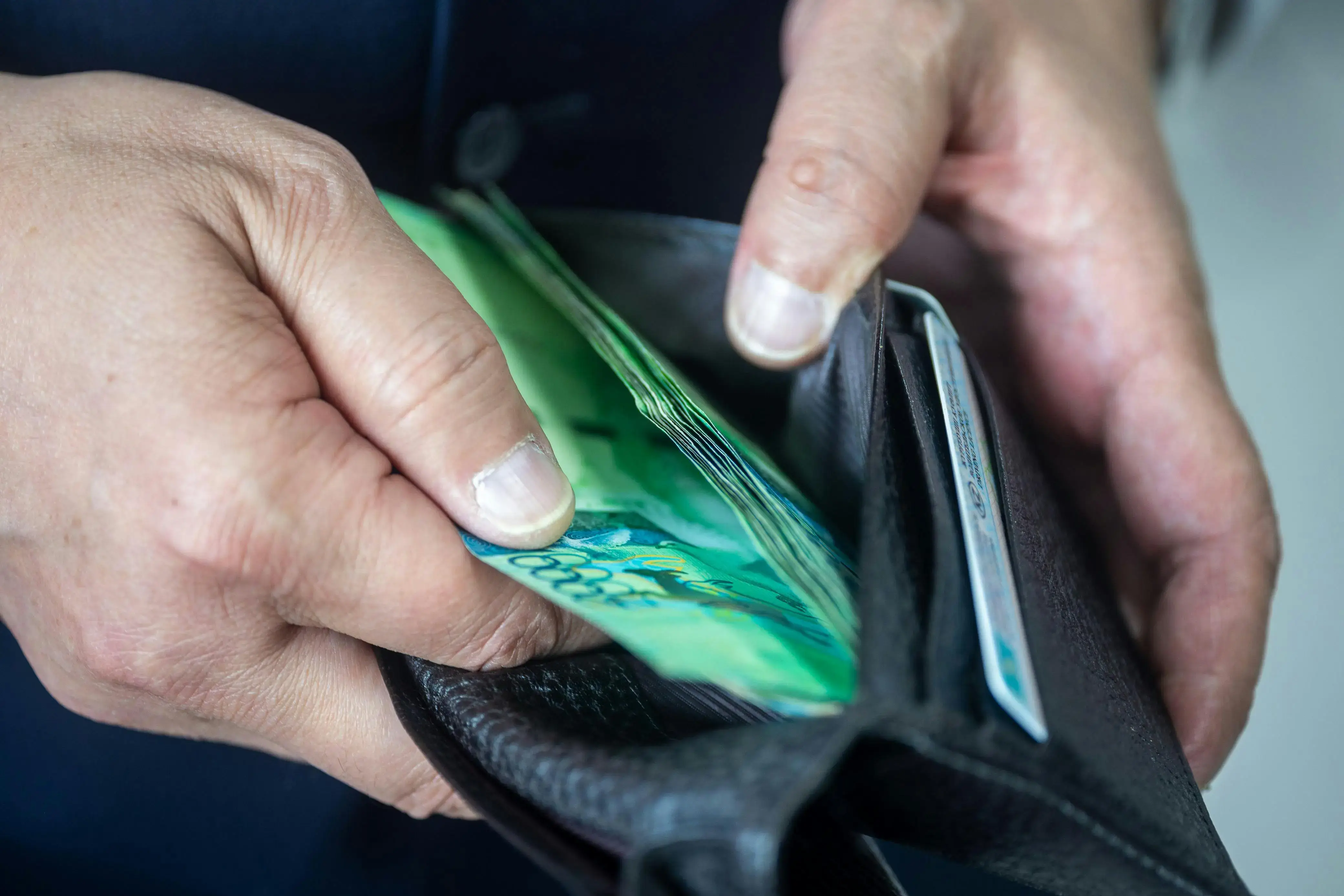
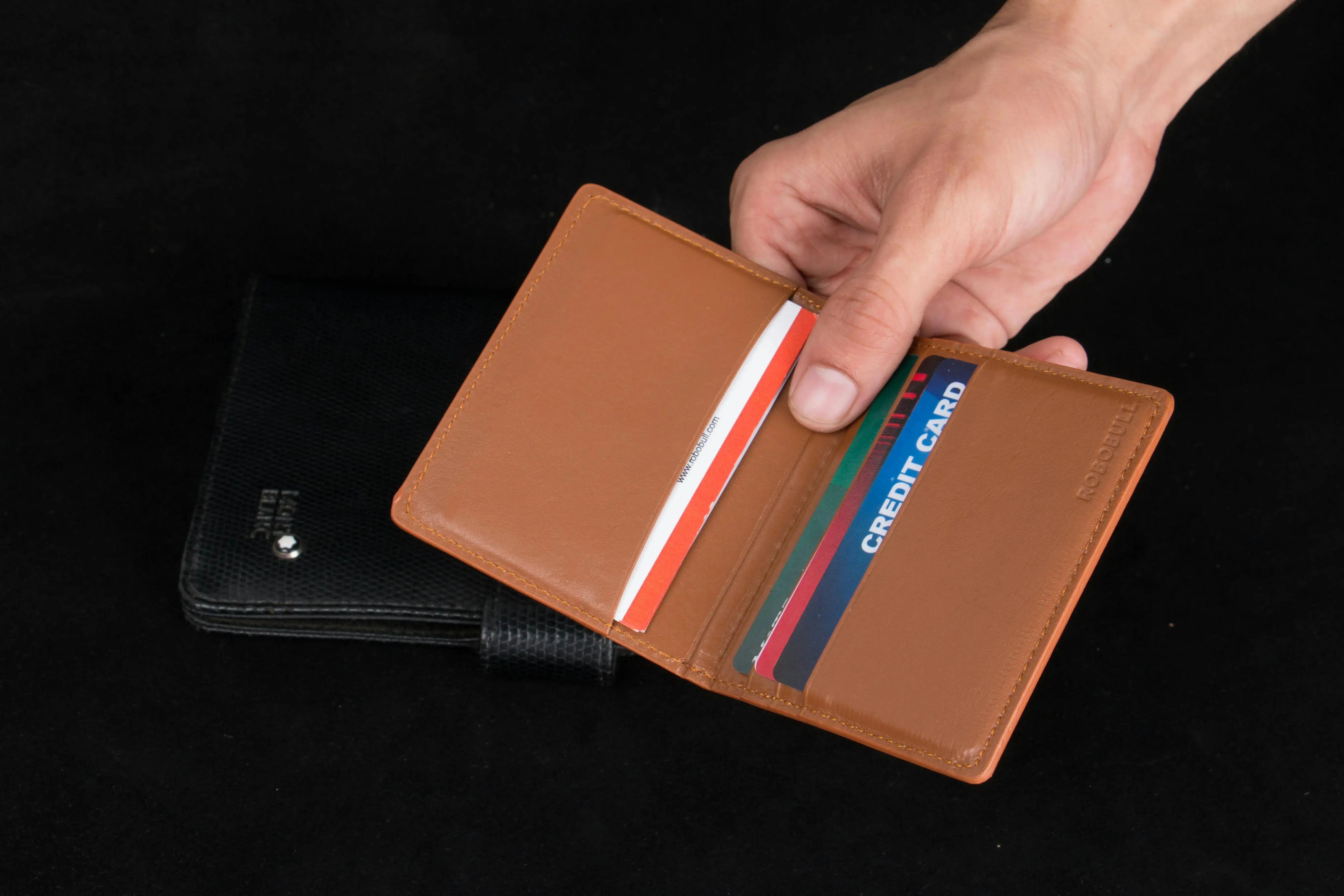

.webp)
